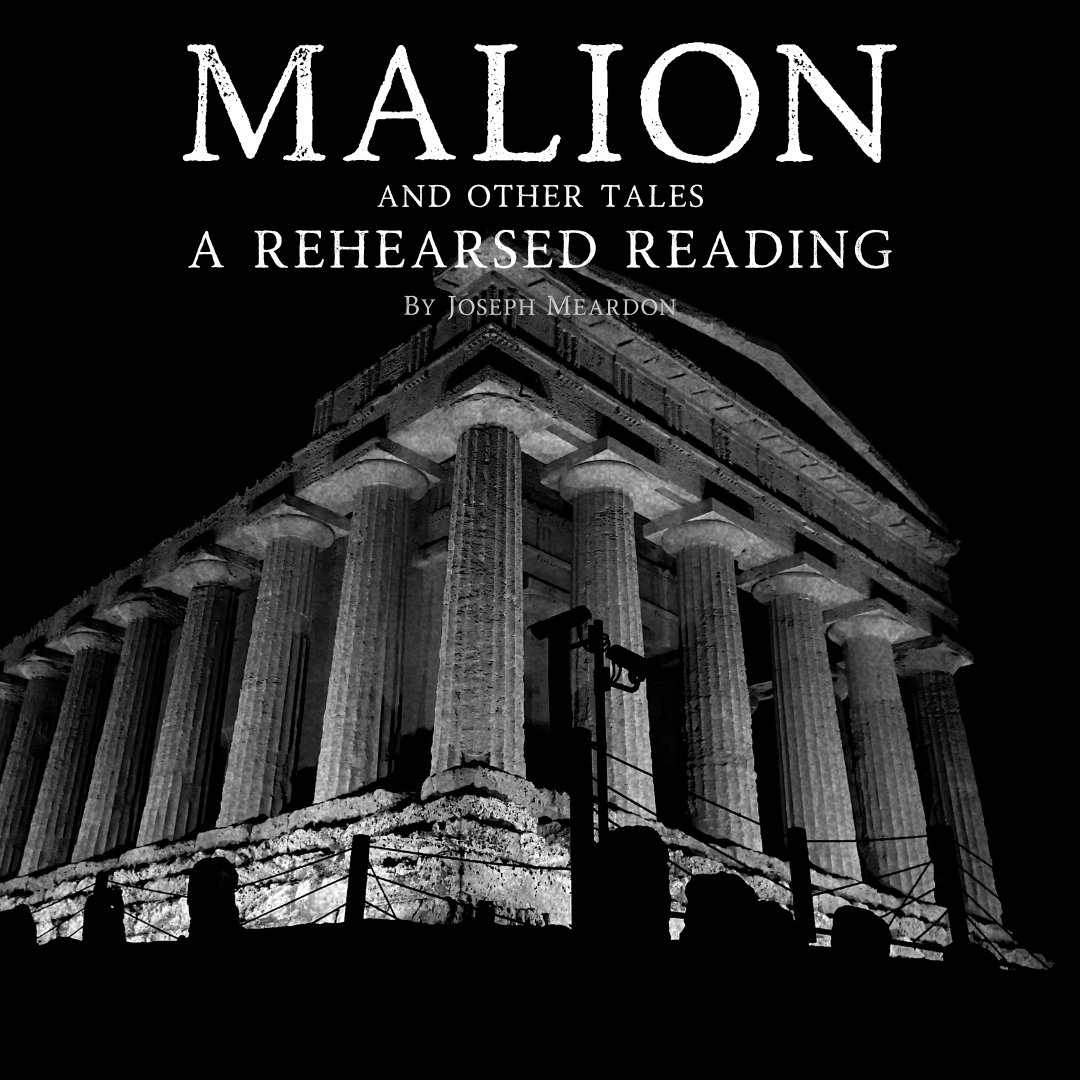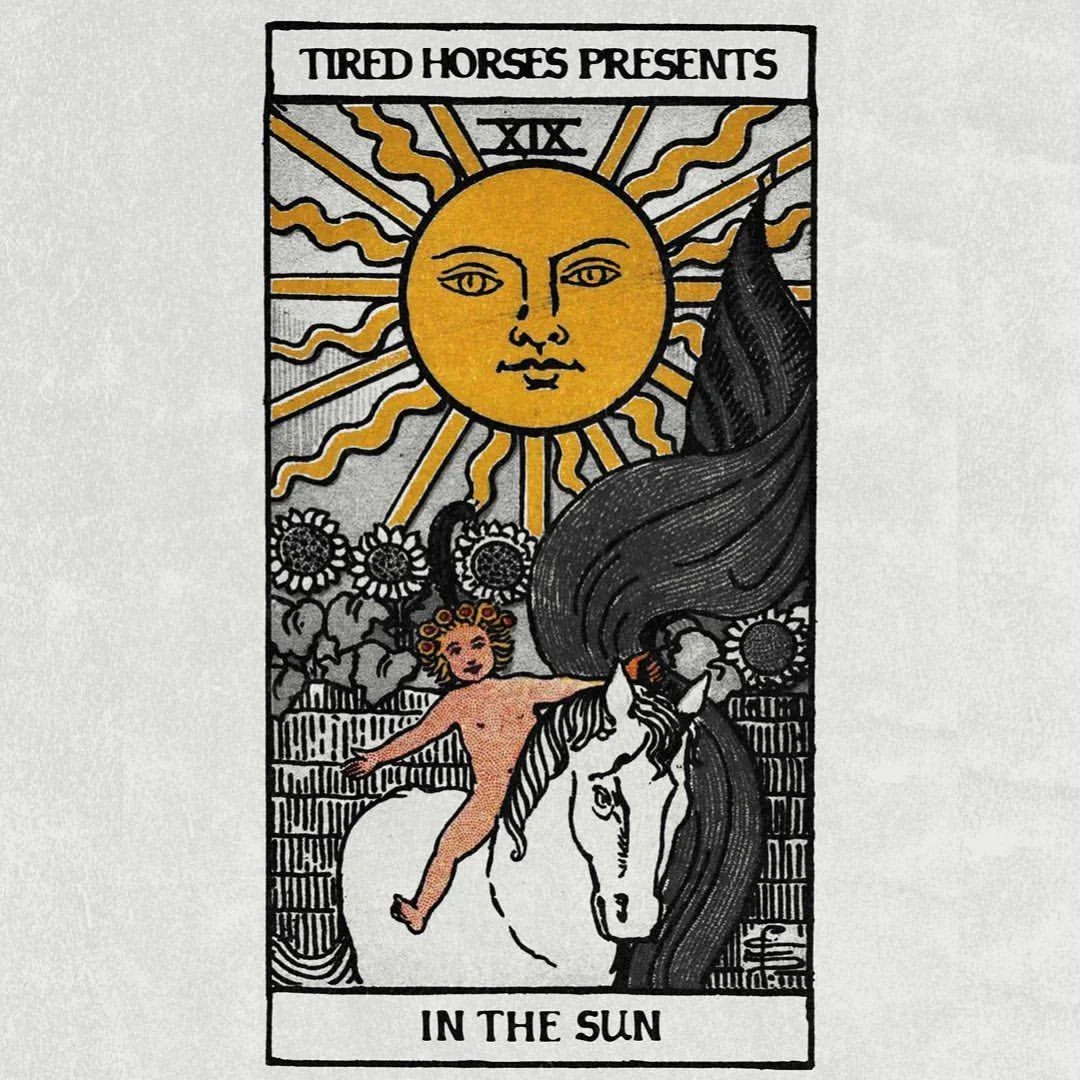MaLION
A modern retelling of the Pygmalion myth.
From stone a woman emerges. Will Malion see the warmth of her soul or the cold bodily exterior?
This play contains distressing and potentially triggering themes such as discussion and depiction of sexual violence and misogyny.
Content Warning:
© The Trustees of the British Museum
The Story
A critical retelling of the myth of Pygmalion and Galatea. This modern adaptation takes a fresh feminist approach focusing on the development of male identity through the objectification and sexualisation of women by men in groups.
Malion, a sculptor, is presenting his latest work to his male friends, a statue embodying pure love. A statue of a woman. Now finished, he rejoices in his achievement over drinks whilst he and the men discuss the merits of his work. However, their conversation cannot seem to move away from the femininity and lustful nature they perceive in the statue.
Meanwhile, Aphrodite and her shades of love, in a final attempt to restore love to a world of men, metamorphose the stone into a human being, Galatea. Her existence is bound to Malion’s love, but will he see her soul or the object he crafted?
MEN IN GROUPS
Malion is a contemporary play inspired by the Ancient plays of Ancient Athens. It is, like the classics, a discussion piece written to inspire reflection and debate.
In the original Pygmalion, found in Ovid’s Metamorphoses, Pygmalion having scorned all living woman and womanhood itself, works tirelessly to create a statue of ‘the most perfect and beautiful woman in the world’’. As a reward for his hard work, Aphrodite grants the statue life and the pair fall in love and live happily ever after…
We update this tale by looking at the deep-rooted issues present in both Ovid’s version and our own society. Malion is ultimately a tale about men in groups and how they foster in each other an identity which is inherently misogynistic and oppressive, more than often encouraging acts of violence. We follow Ovid’s othering of women, re-examining the objectification, personhood, and autonomy of women as understood by men, within our patriarchal society. Malion is not a protagonist, he is simply a man with a choice to make; play the man, or see humanity.
Focusing on masculinity, the pressures, fixation on the feminine, and the ‘rewards’ associated with it, this play was written as a response to the backlash against the slogan “All men are r*pists” which simply states, “Not all men”. Malion aims to discredit that latter slogan and say “Yes all men, all men bear responsibility for r*pe” whether that be for the act or its encouragement through a masculine identity.
Based on conversations with men, social media comments, internet forums, classroom conversations as reported by teachers, focus groups with men and women, personal experience and conversations we have heard in every day life, we hope to present a raw presentation of the reality of masculine socialisation. Malion hopes to encourage men to reflect upon their own harmful behaviours and take action to change themselves and the men around them.
Research and development
RESEARCH
Malion has been meticulously researched by our artistic director Joseph Meardon. Stemming from his masters degree in feminist philosophy, Malion takes inspiration from radical feminist such as John Stoltenberg, Andrea Dworkin, Simone de Beauvoir, and Shulamith Firestone. Joseph’s masters centred around exploring masculine violence, its roots, and how men can and should take action to end it. Joseph hopes to bring men back to the forefront of women’s liberation and encourage them to reflect on their behaviours and make better choices.
DRAMATURGY
An important part of Malion is understanding the historical context of the myth it has been derived from, including how societal and cultural gender inequalities have impacted how we approach the story of Pygmalion & Galatea today.
Another huge element of our dramaturgical input has been about looking forward and how Malion can address the issues we approach with the production and how this play adds to the feminist canon, by reflecting contemporary harmful & dangerous masculine behaviours which have become engrained in our collective consciousness.
DEVELOPMENTAL WORKSHOPS
We continue to workshop Malion and welcome as much feedback as possible. We will be welcoming more audience feedback in the future, so stay tuned. Thus far we have:
Staged a 20 minute concept at our In the Sun scratch night
Held a rehearsed reading in the Liverpool Arts Bar
Staged Malion at Cheshire’s One Act Drama Festival
Staged a developmental section as part of Under the Rug Theatre’s CUTTIN’ A RUG 3 event
Previewed Malion to invited audiences at Liverpool’s Arts Bar
Met with and received feedback from our fringe audiences
Showcased extracts at our own The Agora event
Held a post fringe rehearsed reading at the Glasgow Open Theatre Collective
OUTREACH
As Malion is a play which seeks to address harmful & dangerous masculine behaviours towards women, it has been crucial during the writing, staging, and development of this production that we welcome as many female identifying voices to this story. As such, we have been continuously sharing the scripts with friends, family, colleagues, industry professionals, theatre companies, and charitable organisations
In addition, we have held focus groups, surveys, staged readings, and developmental workshops across the UK to welcome as much input and critique as possible
MaLION AT THE FRINGE
Malion was performed at the 2024 Edinburgh Fringe festival.
A one act 55 minute performance for 21 audiences. Malion was well received and achieved several four star reviews. Applauded as “a powerful portrayal of misogyny and toxic masculinity… Brilliantly written, full of inventiveness, very well acted” and a “sensational mix of modern and ancient theatre, transcending time and language that connects modern audiences and Greek theatre buffs alike.”
Malion was produced Under the Rug Theatre.
Directed by Mikael Phillips
Assistant directed by Hannah MacMillan.
Malion was performed by Joseph Meardon
Galatea was performed by Rachael Campbell
Chorus One was performed by Jordan Monks
Chorus Two was performed by Ben Kay
The voice of Aphrodite was played by Kit Laveri
Read the programme here.
previous productions




























